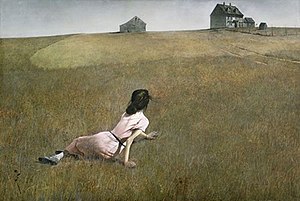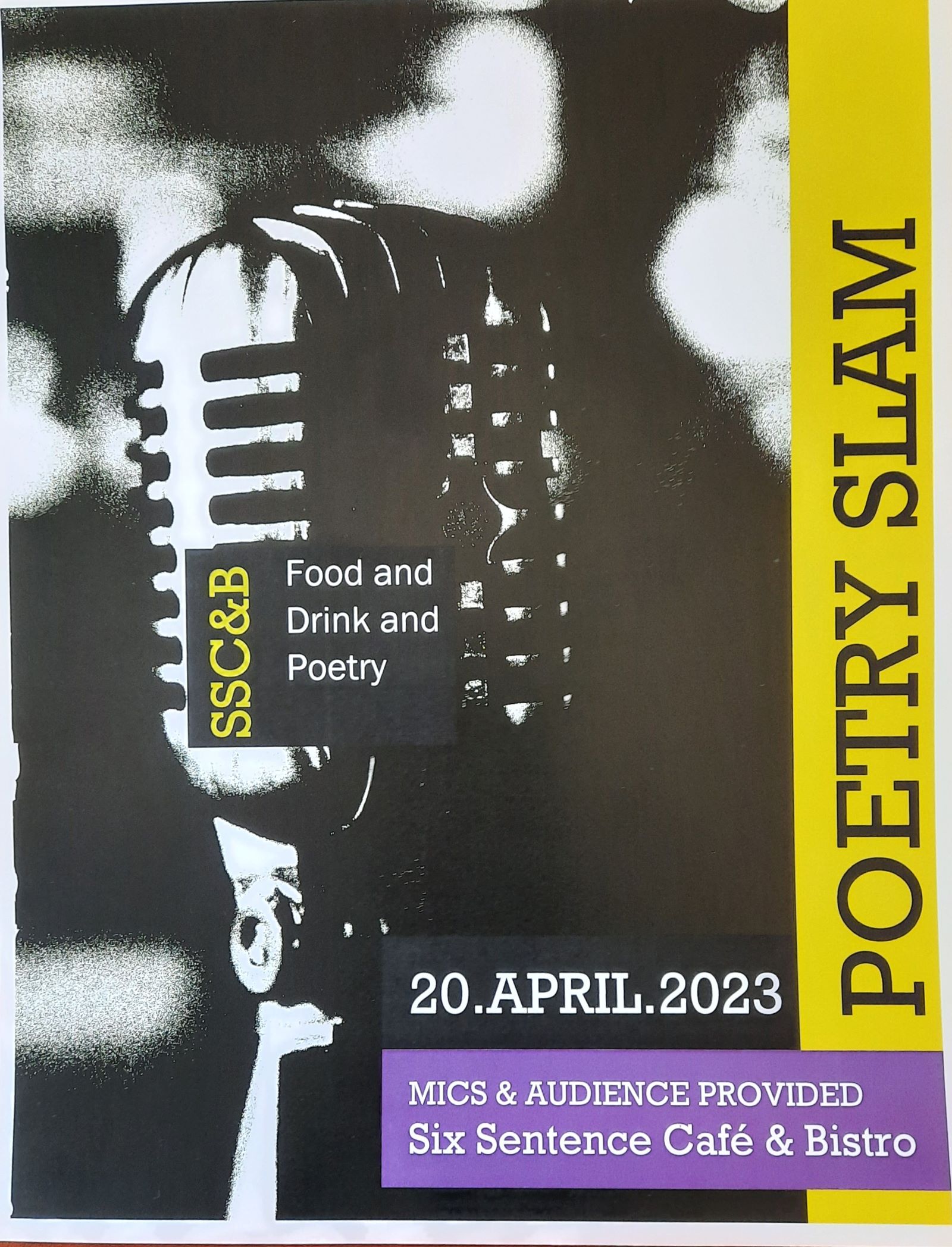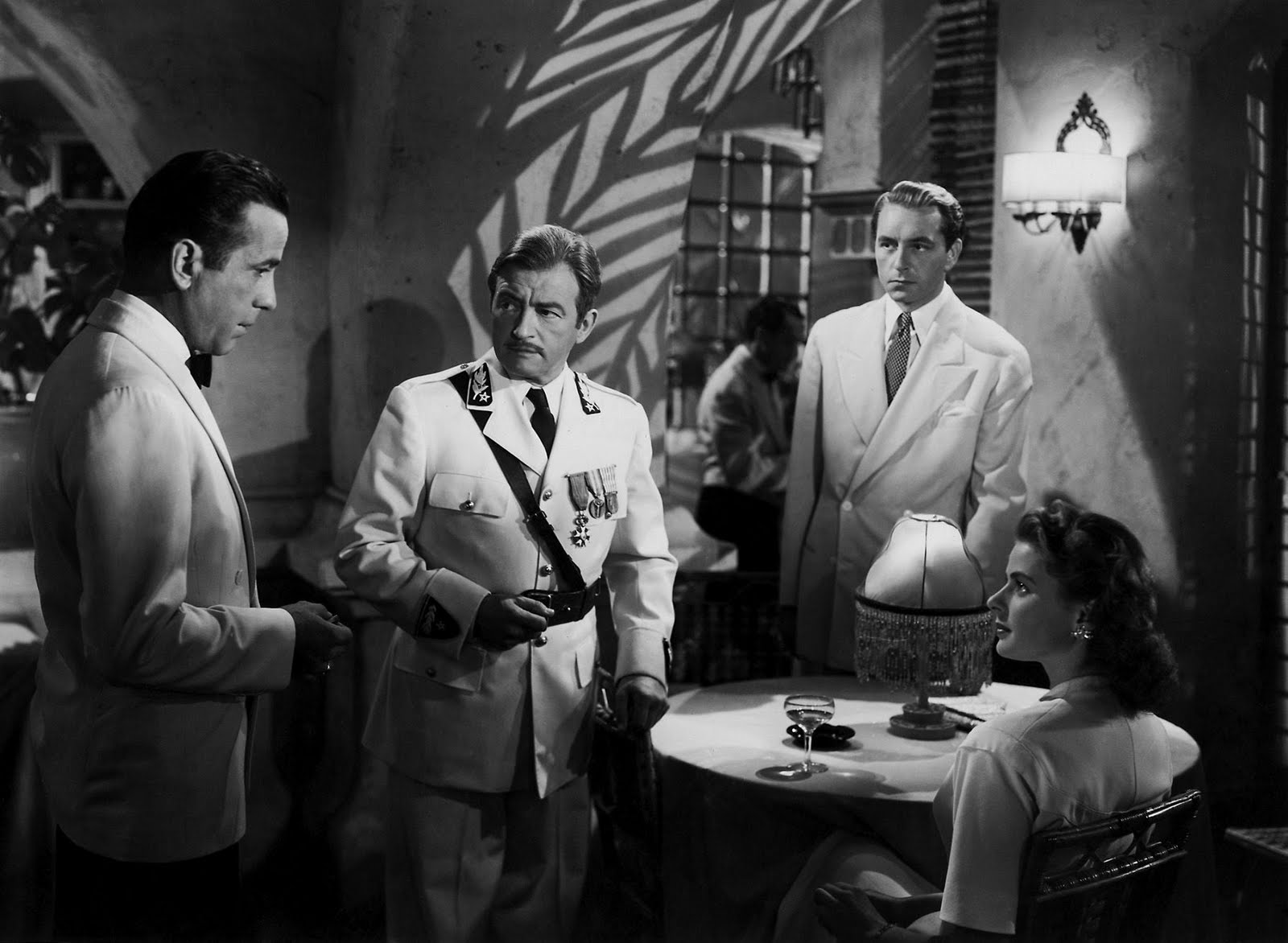Welcome to the Wakefield Doctrine (the theory of clarks, scotts and rogers)
Don’t tell anyone, but these reprint posts, (or these posts that have a copy/pasted old Doctrine posts in ’em), are most useful in their capacity to jump-start my keyboard. It’s not so much there is anything new in today’s post. The style of writing is, well, that we have to admit, is noticeably different.
How different?
Let’s just go see.
(ok, to be fair, this reprint is only five years old. so maybe not so much in the contrast/’omg! you were so much funnier back in…’/of voice and style. probably due to the fact that the ‘voice’ in these posts first showed up in the very early years. There were ideas to explore, such as ‘the Doctrine and fairy tales’ or ‘the ideal vocation based on predominant worldviews’ that, in their very novelty, imparted a certain energy to the writing. That said, there have been some developments in the intervening years, better to call them refinements in our ability to express the principles of the Wakefield Doctrine, that are way helpful to a New Reader. First among these is the statement that ‘the Doctrine (and the three personality types) are about how a person relates themselves to the world around them and the people who make it up’ and ‘the Everything Rule’
So, enough of the new(ish) and the old (reprint) for this Monday. gotta go and write me some kinda pomé for this week’s Six Sentence Story,
*
Monday -the Wakefield Doctrine- “… of development, writers clubs and understanding the world around us.”
July 23, 2018Welcome to the Wakefield Doctrine (the theory of clarks, scotts and rogers)
Do we outgrow the past or do we simply forget? Do the improvements, growth and developments we achieve (through effort, ambition and circumstance) become like, well, the way it is.
We admit to a fondness for the occasional peculiar word or phrases that, although uncommon in everyday conversation, are fun. Today (in light of the opening sentences) the fun word/phrase/expression is raison d‘être. (which our friends at wikipedia define as “…a French expression commonly used in English, meaning “reason for being” or “reason to be”.”)
The Wakefield Doctrine is the reason for the existence of this blog. All, and only, because it hit me one night that it would be good to ‘formalize’ my personal system for explaining the world and the people in it.
The Wakefield Doctrine holds that we are, all of us, born with the potential to experience the world as one of three characteristic realities. At an early age we ‘pick’ one of these three ‘worldviews’ and we are on our way to becoming clarks, scotts or rogers. The Wakefield Doctrine, as a personality ‘theory’, is not concerned with how you would describe yourself, the results of questionnaires created to identify traits and interests or even what you think that girl is doing sitting out there in the middle of the field looking back towards the house filled with people she may or may not be related to (well, sometimes we enjoy the traditional approaches; I mean, damn! give yourself away in one description much, clark? lol). Unlike other tools developed by psychology, sociology and phrenology, tools easily transposed to popular media such as ‘the Face Book’ where they lie, attractively packaged, club-shaped mirrors waiting for someone to notice, “Oh, honey! Come here! I found this personality test in my magazine and it so has you down to a T! Lets take it together. You first.”
Central to the hypothesis of the Wakefield Doctrine is the notion that we all live in a reality that is, to a certain degree, personal. Nothing weird, mystical or magical. Simply that if you and I are standing in front of the entrance to, say, a very popular restaurant, our experience of that moment will not be identical. The Doctrine takes this and jumps up above the individual and says, ‘Suppose the world was one in which individuals are separated from each other in a way not easily discernible or, better still, imagine that the life we wake up into after each sleep is that of the Predator, simple and direct, eat or be eaten; or suppose everything in the world is knowable and, to a degree established in a way that allows for complete agreement among like-minded people, that the universe is, in fact, definable and quantifiable.’
This is key to understanding the Doctrine. Children (you, me and the girl behind the counter asking if that’ll be Regular or Premium) all grow and develop (their) personalities in order to successfully interact with the environment that surrounds them. Social, physical, the whole thing. And this is done in the context of the nature and character of the world, as they experience it. These strategies evolve and develop into the style we refer to as our ‘personality type’.
I grew up in the world of the Outsider (clark). I developed a way of relating to the people and the world around me that permits me to stay out of the limelight (can’t have people pointing at me and telling everyone that we don’t belong) while at the same time giving me the tools and the drive to search for whatever it was that I didn’t learn when I was too young to realize it i.e. how to be a real person.
A friend of mine grew up in the reality of the Predator (scott). She’s a lot of fun to be around, gets more done in a morning than most people do in a week. She is always on alert, never is not paying attention to whats going on around her and everyone likes her…except for the ones who are terrified of her. Temperament is often un-fairly pronounced with the accent entirely on the first syllable… we prefer the word: mercurial. You want something done right away, you ask her and step out-of-the-way.
If you want that thing done right… you find my friend who grew up in the life of the Herd Member (roger). He will know how to do it so that the joints line up, the glue doesn’t stick out at the ends and it stays the way it’s supposed to be… forever. He knows the simple fact of the life that there’s a Right Way. No, nothing as an alternative, no second-runner-up. One way. Fortunately, my friend has so many other people around him that grew up knowing that they all belong. Sure there’s minor disagreements over decor, but it’s all one big hap…. Herd. The world is good. Just have to understand.
OK enough for a Monday morning.
*











